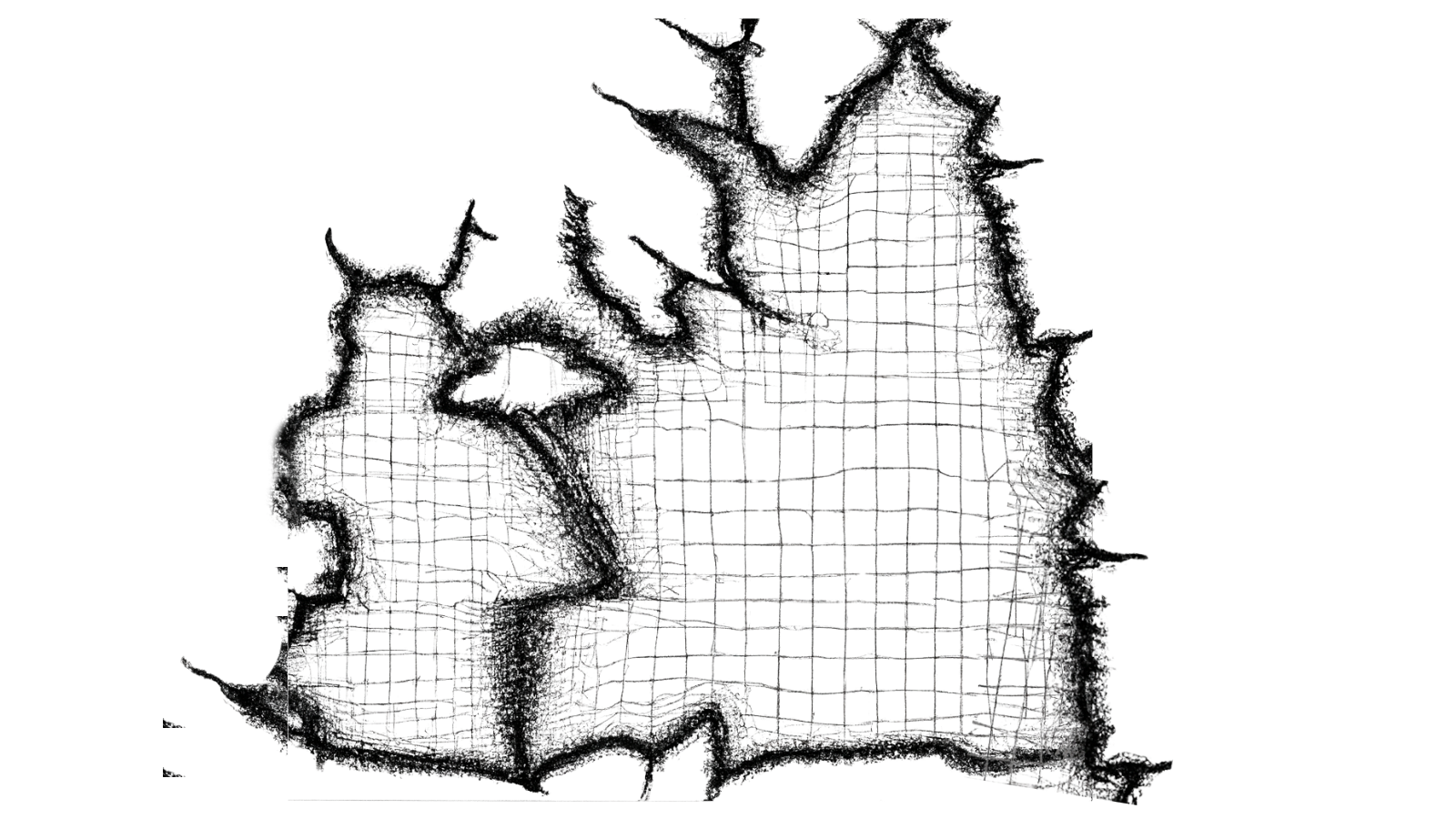
Tataouine in southern Tunisia are marked by a deep legacy of vernacular water practices, developed over centuries by resilient local communities. Today, these systems coexist with formal water infrastructures that often reflect top-down approaches, disconnected from local needs and ecologies. This coproductive research project Deconstructing Scarcity challenges the dominant understanding of scarcity as mere absence or lack, instead reframing it as a constructed concept tied to governance, knowledge hierarchies, and value systems. By exploring the interactions between formal and vernacular systems, the research seeks to uncover how alternative logics and practices of water management can foster resilience and sustainability. This approach highlights the importance of co-produced knowledge that integrates cultural relevance, ecological thinking, and grounded community engagement.











